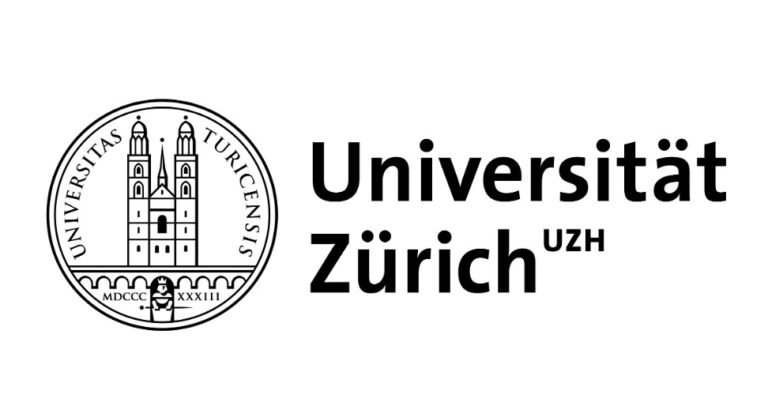In an era of rapid advancements in Artificial Intelligence (AI) applied to various geo-applications, the requirement of responsible GeoAI has become more and more critical to cope with issues, such as bias, uncertainty, and lack of explainability.
This project will provide you with the opportunity to investigate functional responsibility, particularly investigating biases, e.g., imbalance in data and spurious correlations, in the processes of deep learning vision-based GeoAI applications, such as classification, semantic segmentation, and structure prediction using aerial imagery.
You will be at the forefront of exploring and developing brand-new approaches to addressing bias in deep learning-powered models and contributing to the emerging research area in Earth Observation. Your research includes, e.g., detecting representation bias in (benchmark) datasets, supervising algorithmic bias in modelling, evaluating the impact of bias on prediction results, and ultimately mitigating bias in different learning stages.
You will present (both preliminary and mature) results at appropriate meetings and conferences, publish results in scientific workshops, conference proceedings, and journals, contribute to teaching on topics related to your work, and supervise and mentor involved MSc students as needed.
We invite applications for this PhD position at the Earth Observation Science (EOS) Department at the ITC Faculty of Geo-information Science and Earth Observation. We are looking forward to a highly motivated and talented candidate to work on this PhD project at the intersection of Computer Vision and Earth Observation Science.
Your profile
- An MSc degree in Computer Science, Artificial Intelligence, Geoscience, Mathematics, or a related field
- A curiosity in deep learning, image processing, GIS, and a willingness to delve deeper into these topics
- Passion for research and algorithms including Transformer and Diffusion models with programming experience in Python
- Curiosity about responsible AI for geo applications
- Good communication skills and an excellent command of English. Fluency in Dutch or willingness to learn Dutch is a plus
- Experience in conducting multidisciplinary research is a plus
Interested and motivated candidates are encouraged to apply, even when they still need to possess all desired skills. You can develop relevant skills on the job through dedicated learning and doctoral training.
Our offer
- An inspiring multidisciplinary, international, and academic environment. The university offers a dynamic ecosystem with enthusiastic colleagues in which
- internationalization is an important part of the strategic agenda
- Full-time position for 4 years, with a qualifier after 6-9 months
- A professional and personal development program within Twente Graduate School
- Gross monthly salary of € 2,872.- in the first year that increases to € 3,670.- in the fourth year
- A holiday allowance of 8% of the gross annual salary and a year-end bonus of 8.3%
- Excellent support for research and facilities for professional and personal development
- A solid pension scheme
- A total of 41 holiday days per year in case of full-time employment
- Excellent working conditions, an exciting scientific environment, and a green and lively campus
Information and application
For more information about the position, you can contact Dr Hao Cheng (email: h.cheng-2@utwente.nl) or Prof. George Vosselman (email: george.vosselman@utwente.nl). You are also invited to visit our homepage.
For questions about working and living in the Netherlands please consult the official website of the Netherlands Government or the website of the Expat Centre East Netherlands.
Please submit your application before 16 November 2024. Your application should include:
- A motivation letter (maximum 2 pages of A4), emphasizing your specific interest, qualifications, and motivation to apply for this position
- Curriculum Vitae with a full list of publications, and at least two references with their contact details
- An academic transcript of BSc and MSc education, including grades and a short description of your last large result (MSc thesis/final project report/EngD thesis)
1st round interviews are scheduled between 25 and 29 November 2024. A possible 2nd round interview will be scheduled when needed.




